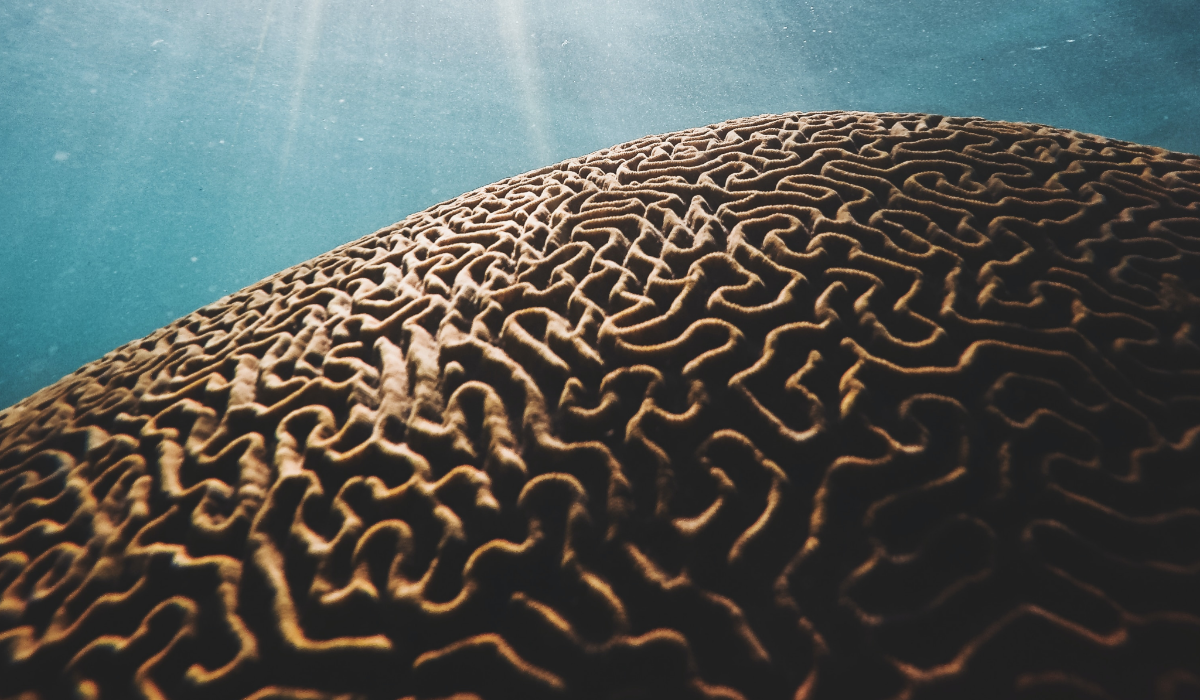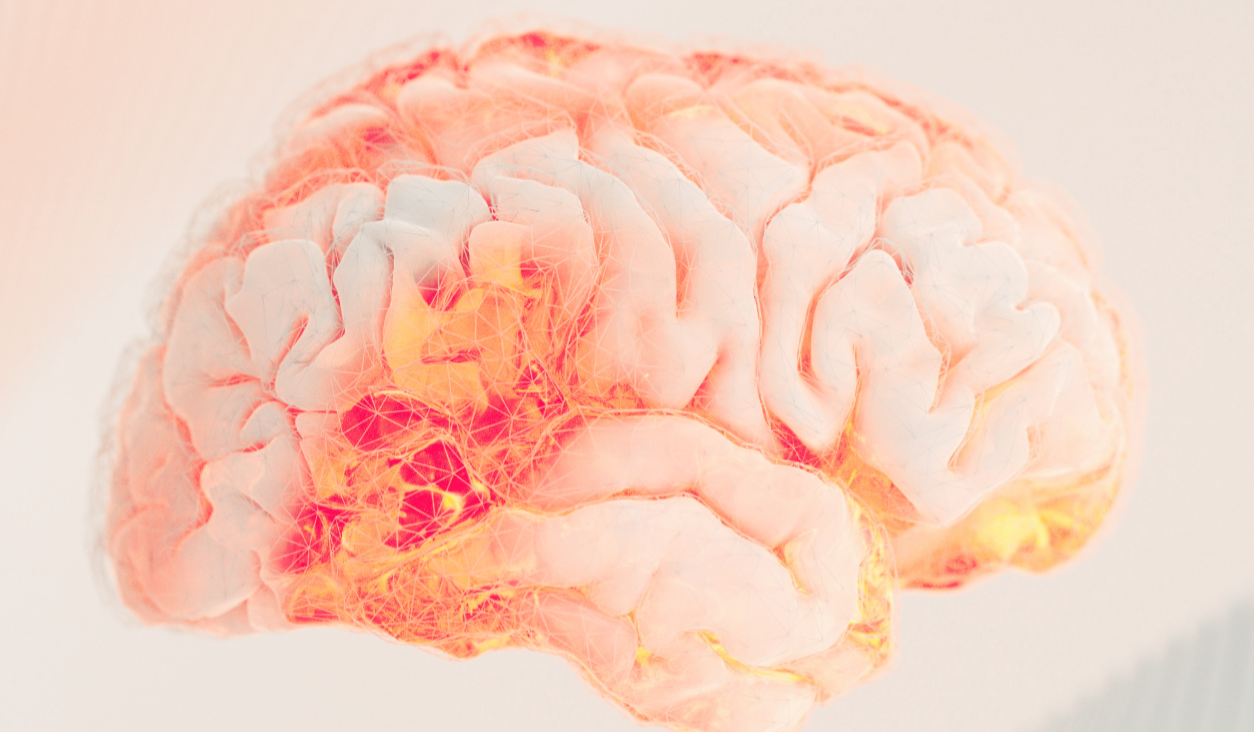UNDERSTANDING NEURODIVERSITY-AFFIRMING THERAPY
Neurodiversity-affirming therapy is emerging as a new approach to mental health care-one that flips the script on conventional therapy methods....
5 min read
KD HOLMES, LPC, EMDR CERTIFIED, BTTI TRAINED
:
Apr 29, 2023 10:41:28 AM

As therapists, we encounter a vast array of clients, each bringing their own histories, insights, and emotions into the therapeutic space. Our role often requires us to navigate these complexities with empathy and understanding. Yet, one vital aspect that frequently fades into the background in clinical settings is neurodivergence. This term refers to the natural variations in how brains develop and function, encouraging us to move beyond rigid definitions of what society typically considers “neurotypical.” Recognizing neurodiversity is crucial because it encompasses a range of differences like Autism, ADHD, and dyslexia, among others. When we acknowledge and embrace these differences, we can create more inclusive therapeutic environments that honor every individual's distinct ways of thinking and experiencing the world. By doing so, therapy becomes a more supportive and validating space for all clients, especially those who may feel marginalized or misunderstood due to their neurological differences.
Neurodivergence is a broad spectrum encompassing:
Think of neurodivergence like this-some minds dance to a rhythm that's out of sync with societal norms, not better or worse, just different. It's as if they are tuned to a unique frequency that offers a fresh perspective on the world. Our role as therapists is to accept these differences and truly see and understand them. We must create a space where neurodivergent individuals feel valued and supported, helping them to understand these differences and navigate a world that often doesn't accommodate their needs. Through the therapeutic process, we can bridge the gap between different ways of thinking and promote a more inclusive society.
For therapists, awareness of neurodivergence isn't just helpful-it's essential. It influences how we approach therapy neurologically, leading to more effective outcomes and better therapeutic experiences. Isn’t that why most of us chose this path in the first place? Because we genuinely want to help by facilitating a change in someone's perspective, often helping them reshape how they see themselves.
The reality is that 1 in 5 people globally identify as neurodivergent. This encompasses a wide spectrum including Autism, ADHD, OCD, and more, each with its own unique characteristics and challenges. If you haven’t already, you’ll likely meet neurodivergent clients in your practice. Understanding their neurological differences is crucial, but there's more to it than just prevalence.
Neurodivergent individuals often face systemic barriers, such as lack of understanding or accessibility in everyday environments, and stigmatization from societal norms that do not accommodate their differences. This can lead to increased stress and anxiety, making them more likely to carry the weight of trauma into the therapy room. They may have faced exclusion, bullying, or discrimination, further complicating their mental health concerns.
By learning about their needs and actively adapting our methods, we take a stand against the stigma they frequently encounter. We create a therapeutic space that feels inclusive and affirming where clients are understood and valued for who they are. This is therapy that heals, moving beyond traditional approaches to meet clients where they are and empowering them to thrive in a world that often misunderstands them. In doing so, we contribute to a broader change, advocating for acceptance and understanding of neurodivergent individuals across all areas of life.
Understanding neurodivergence means acknowledging the distinct challenges these individuals may encounter in their daily lives, such as:
Imagine navigating a world that wasn’t built to accommodate the way your mind or body functions every single day. This is the reality for many neurodivergent individuals, who often face challenges that others might not even notice. From the overwhelming noise in crowded spaces to the intricate social cues that seem straightforward to others, daily experiences can present unique hurdles. These individuals continually adapt to environments that seldom consider their needs, striving to find harmony in a world not designed for their unique perspectives.
Creating a therapeutic environment for neurodivergence isn’t just about adapting-it’s about listening with intention and evolving our approaches. Some ways we can better respond to their needs include:
It’s not just about making therapy compatible-it’s about educating clients on their unique differences and fostering an environment where they feel genuinely understood and accepted for who they truly are. This approach eliminates the expectation for clients to adapt or stretch themselves to fit into a predefined therapeutic mold. Instead, therapists strive to bridge any gaps by actively moving toward the clients' perspectives and experiences, ensuring that the therapeutic process is tailored to meet their individual needs. By doing so, therapists create a more empathetic and supportive space that encourages personal growth and healing.
But here’s something we must remember, too—neurodivergence isn’t only about challenges. It’s a spectrum of strengths that can offer different perspectives and talents. Neurodivergent individuals often display dazzling creativity, fierce focus, and innovative ways of thinking that can enrich not only their own lives but also therapy sessions and broader communities. Imagine a client who can hyperfocus on their writing, crafting vivid, heart-wrenching poems that capture emotions in ways others might struggle to express. Another client might see the world in geometric beauty, able to visualize solutions that most wouldn’t even consider. Perhaps there's someone who can absorb complex information quickly and connect dots that others might miss. These strengths matter, and as therapists, it is essential to recognize and nurture these strengths, helping clients channel their abilities into areas of profound personal and professional growth. By fostering an environment that celebrates and supports these unique skills, we enable neurodivergent individuals to thrive and make meaningful contributions to society.
Integrating neurodiversity in therapy goes beyond clinical practice; it is an act of social justice that challenges conventional norms. By confronting ableism, both in society and within ourselves, we pave the way for environments where diversity can truly thrive. This process involves normalizing and destigmatizing neurodivergence, allowing our clients to embrace their identities and live authentically and unapologetically.A Call to Keep Learning
When we place genuine value on neurodivergent identities, we enhance not just the quality of therapy sessions by creating more personalized and understanding approaches, but also contribute to a broader cultural shift. We’re reshaping the world-one affirming, inclusive interaction at a time. This transformation extends beyond therapy rooms, influencing workplaces, educational settings, and communities at large to become more accepting and accommodating of diverse minds. It is through these efforts that we can hope to foster a world where neurodiversity is celebrated as a vital component of human diversity.
Dear therapists, we know this work isn’t easy, but it’s incredibly meaningful. By continuing to educate ourselves about neurodivergence, we create connections for our clients. We amplify voices that often go unheard and build communities grounded in understanding. You hold the key to change.
Let's commit to making neurodivergence part of our awareness every day. Not just because it improves outcomes (and it undoubtedly does) but because every client deserves a therapist who sees them wholeheartedly as they are, with all their unique traits and perspectives.
Neurodivergent individuals often face challenges in a world not designed for their way of thinking, and our role is to ensure they feel understood and supported. By broadening our knowledge and sensitivity, we can better navigate the complexities of their experiences and offer truly person-centered care.
Interested in deepening your understanding? Check out our Neurodivergence course, specially crafted by therapists for therapists. This course delves into various aspects of neurodivergent experiences, providing practical strategies and insights to enhance your practice. Together, we can continue fostering spaces that uplift, heal, and honor every individual we work with. Let's embrace this opportunity to grow and make a lasting impact.

Neurodiversity-affirming therapy is emerging as a new approach to mental health care-one that flips the script on conventional therapy methods....

In the world of mental health, the roles of Licensed Professional Counselors (LPCs) and Licensed Clinical Social Workers (LCSWs) are not just...

Trauma is a word that has been gaining more attention and importance in our society and in the therapy treatment world. We (therapists) all know what